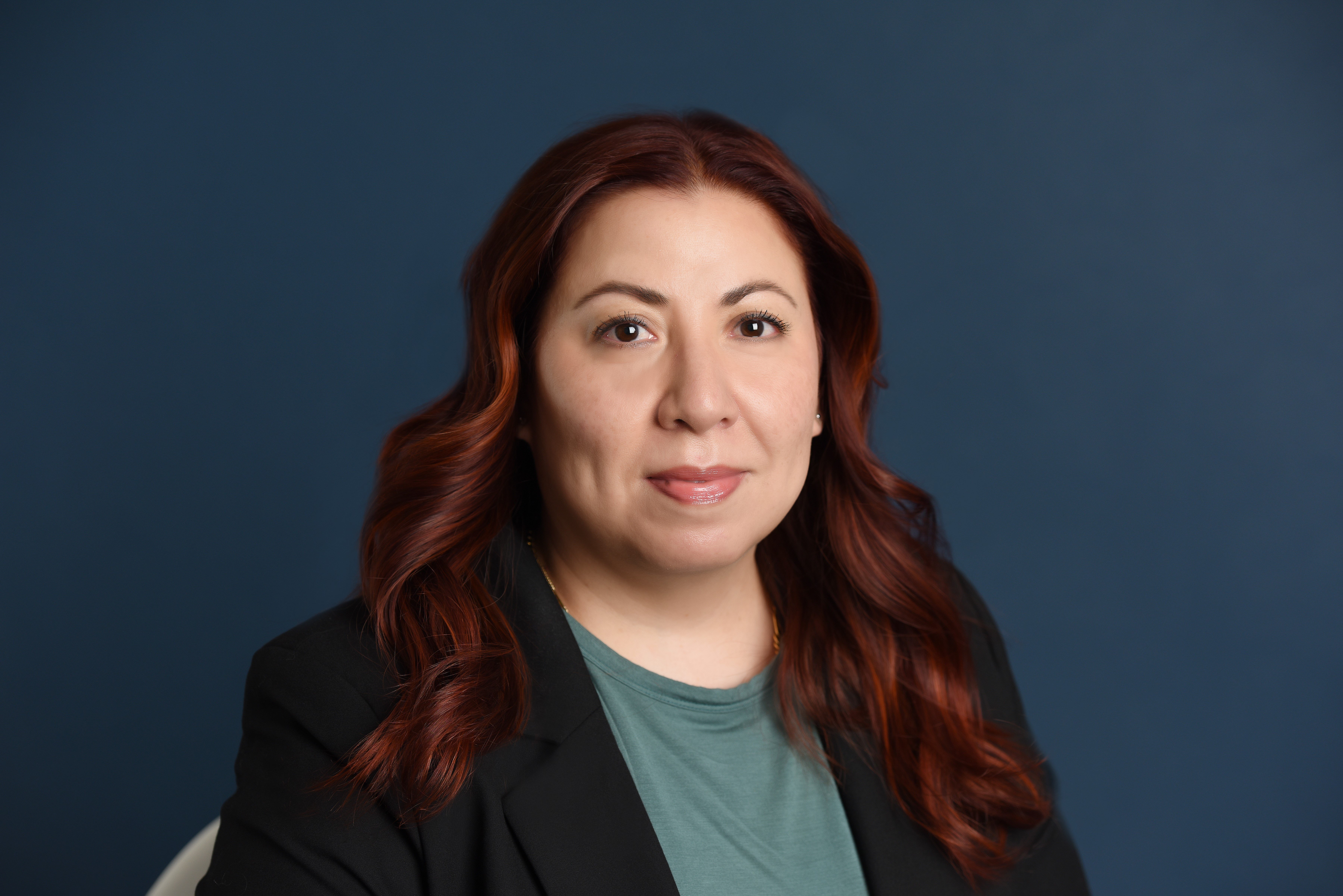
Do you have any New Year’s resolutions? And please, don’t tell us you’re getting a gym membership. We know New Year’s resolutions are cheesy, but after the year we Canadians have had — we need some intention to help guide us with our spending in 2022.
We understand the struggle. It’s hard enough to know what your next grocery bill will look like with all this inflation, let alone what your entire year will look like when it comes to financial management and debt repayment.
Here at Credit Canada, we have over 50 years of experience helping Canadians like yourself find realistic methods for paying off debt and achieving financial wellness. Our skilled Credit Counsellors have succeeded time and time again in helping people avoid bankruptcy, manage credit card debt, and plan for the future.
The January gym spike is real but dwindles after only a month. Let’s face it — most people don’t keep their New Year's resolutions, but that doesn’t have to ring true for your financial goals!
We want you to keep your New Year’s resolution this year and build healthy spending habits, so we’ve put together a little list of manageable financial New Year’s resolutions to help you pay off debt in the new year.
Why Make Financial New Year's Resolutions
Now more than ever, Canadians need a bit of structure to help them make financially sound decisions. With Canada’s over 170% debt-to-income ratio, millions of Canadians have taken on more debt than they can handle.
Immense debt paired with rising living costs is sure to leave a burden on the average Canadian’s wallet. From inflation to certain industry declines, we want you to be careful and intentional with how you look at money in 2022.
How can you be more intentional with your money? Through realistic New Year’s resolutions, of course! Let’s get started!
5 Financial Tips to Help You Pay Off Debt in 2022
Some people are over the idea of resolutions altogether, but a new year represents a new opportunity to make a change for the better — why waste it?
There are plenty of financial tips you can incorporate into your everyday that can help you save money and pay off debt. The following are a few building blocks for getting your "financial house" in order to start seeing some real progress when it comes to spending and saving wisely.
1. Create a Budget
It’s never been easier to create a budget than it is right now. The previous generation had to write everything down on a notepad — but we have so many automation tools to help us stay on track.
From budget-inspired Google doc templates to dedicated budget apps like YNAB (You Need a Budget), you can create and maintain a budget just as easily as you could post a photo on Instagram.
Keep your debts as a section of your expenses, and prioritize those payments just as you would your rent and mortgage payments.
Need help figuring out a debt repayment amount that works for you? Check out our debt calculator to help you visualize what debt repayment looks like with different strategies and amounts.
2. Set Aside Money Every Month
Even if you don’t have a specific goal in mind, it’s always good financial practice to set aside a little bit of money every month. This cushion will help you address any unexpected expenses that might be waiting just around the corner.
Saving money every month helps you tackle new expenses without sacrificing your debt payment obligations. Before you protest, we have two extra tips to help you succeed with this one.
Nervous you’ll forget to move the money? Automation is your friend. Most banks allow you to schedule automatic fund transfers into a savings account — look Ma, no hands!
Not sure how much is a realistic amount? Our Credit Counsellors can help you with that by going through your finances during a free counselling session.
3. Chill Out on the Delivery Apps
Let's say the grocery store closed a bit earlier than usual this evening, and you didn’t prioritize your trip this week. Oh well, looks like it’s an Uber Eats kinda night.
Yikes, the deli has a lineup outside because of social distancing rules. You’re not waiting — Uber Eats again! Next thing you know you have an extra $300 on your credit card bill at the end of the month. What gives?
Delivery apps charge way more for food than what you’d pay at the restaurant itself. And they certainly cost even more than what it costs to just trek to the grocery store and buy the ingredients to cook a meal at home.
COVID restrictions forced us to think carefully about our meal planning, with store hours changing and capacity limits decreasing.
We challenge you to only one food delivery service per month. Feeling ambitious? One delivery every two months!!!
Be intentional with your food spending. Try to plan your meals ahead of time so that you don’t rely on money-guzzling delivery apps like Uber Eats, DoorDash, or SkipTheDishes.
4. Start Reviewing Your Credit Card Statements
Review your credit card statements every time you receive them. This might be difficult to remember, especially if you receive electronic statements instead of paper, but it's important to routinely check your credit card statements for a couple of different reasons.
Have you ever made a big purchase and thought to yourself, “Oh man, I don’t even want to look at the receipt.” Now, imagine a whole month of big purchases.
Check your credit card statements to be aware of your financial state, and also to make sure there aren't any errors. This will help you identify problem spending and ensure you make your payments on time.
5. Explore Debt Solutions with Credit Canada
You don’t have to tackle debt all on your own. If you feel overwhelmed with your payments, you have options available to you. That’s why we’re here, to help you find the right solution for you.
Whether it’s a debt payment program or specialized debt counselling services, our Credit Counsellors have got you covered. Contact us today for a free consultation. And remember, you’ve got this!

Frequently Asked Questions
Have a question? We are here to help.
What is a Debt Consolidation Program?
A Debt Consolidation Program (DCP) is an arrangement made between your creditors and a non-profit credit counselling agency. Working with a reputable, non-profit credit counselling agency means a certified Credit Counsellor will negotiate with your creditors on your behalf to drop the interest on your unsecured debts, while also rounding up all your unsecured debts into a single, lower monthly payment. In Canada’s provinces, such as Ontario, these debt payment programs lead to faster debt relief!
Can I enter a Debt Consolidation Program with bad credit?
Yes, you can sign up for a DCP even if you have bad credit. Your credit score will not impact your ability to get debt help through a DCP. Bad credit can, however, impact your ability to get a debt consolidation loan.
Do I have to give up my credit cards in a Debt Consolidation Program?
Will Debt Consolidation hurt my credit score?
Most people entering a DCP already have a low credit score. While a DCP could lower your credit score at first, in the long run, if you keep up with the program and make your monthly payments on time as agreed, your credit score will eventually improve.
Can you get out of a Debt Consolidation Program?
Anyone who signs up for a DCP must sign an agreement; however, it's completely voluntary and any time a client wants to leave the Program they can. Once a client has left the Program, they will have to deal with their creditors and collectors directly, and if their Counsellor negotiated interest relief and lower monthly payments, in most cases, these would no longer be an option for the client.






